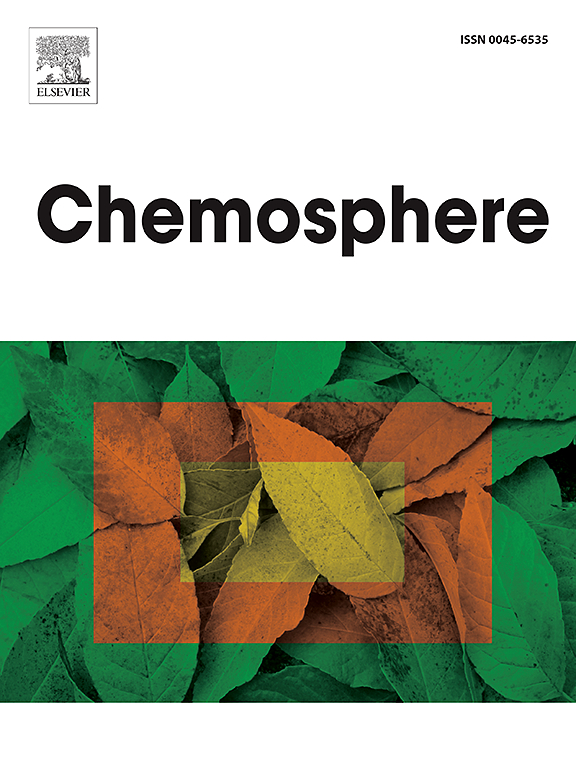Advancing sustainable electronic waste management: An overview of mechatronics solutions for health, environment, and recycling
IF 8.1
2区 环境科学与生态学
Q1 ENVIRONMENTAL SCIENCES
引用次数: 0
Abstract
The management of electronic waste (e-waste) has become gradually critical due to the quick growth in electronic device usage and the lack of satisfactory recycling setup. In 2022, global e-waste generation touched 62 billion kilograms, raising serious ecological and public health concerns. Toxic elements such as lead, mercury, and cadmium released from improperly handled e-waste can cause neurological damage, respiratory illnesses, and environmental degradation. This study highlights the pressing need for sustainable e-waste management practices and explores recent mechatronic innovations aimed at improving recycling efficiency and minimizing human exposure to hazardous substances. It examines the health and ecological impacts of current recycling methods and emphasizes the development of safer, more environmentally responsible alternatives. The paper provides a comprehensive overview of state-of-the-art approaches to e-waste processing based on mechatronic principles, including automated sorting, material recovery, and pollution control technologies. It further reviews the application of robotic manipulators, advanced sensors, and modern automation tools for the efficient sorting and segregation of e-waste. By analysing diverse technological approaches, this work proposes a sustainable framework for recycling applications that enhances operational efficiency and reduce the detrimental effects on environment.

推进可持续电子废物管理:健康、环境和回收的机电一体化解决方案概述
由于电子设备使用量的快速增长和缺乏令人满意的回收机制,电子废物的管理逐渐变得至关重要。2022年,全球电子垃圾产生量达到620亿公斤,引发了严重的生态和公共卫生问题。从处理不当的电子垃圾中释放出的铅、汞和镉等有毒元素会导致神经损伤、呼吸系统疾病和环境退化。本研究强调了可持续电子废物管理实践的迫切需要,并探讨了旨在提高回收效率和最大限度地减少人类接触有害物质的最新机电创新。它审查了目前回收方法对健康和生态的影响,并强调开发更安全、更环保的替代品。本文提供了基于机电一体化原理的最先进的电子废物处理方法的全面概述,包括自动分类,材料回收和污染控制技术。它进一步回顾了机器人操纵器、先进传感器和现代自动化工具在电子废物有效分类和隔离方面的应用。通过分析不同的技术方法,这项工作提出了一个可持续的回收应用框架,提高了运营效率,减少了对环境的有害影响。
本文章由计算机程序翻译,如有差异,请以英文原文为准。
求助全文
约1分钟内获得全文
求助全文
来源期刊

Chemosphere
环境科学-环境科学
CiteScore
15.80
自引率
8.00%
发文量
4975
审稿时长
3.4 months
期刊介绍:
Chemosphere, being an international multidisciplinary journal, is dedicated to publishing original communications and review articles on chemicals in the environment. The scope covers a wide range of topics, including the identification, quantification, behavior, fate, toxicology, treatment, and remediation of chemicals in the bio-, hydro-, litho-, and atmosphere, ensuring the broad dissemination of research in this field.
 求助内容:
求助内容: 应助结果提醒方式:
应助结果提醒方式:


